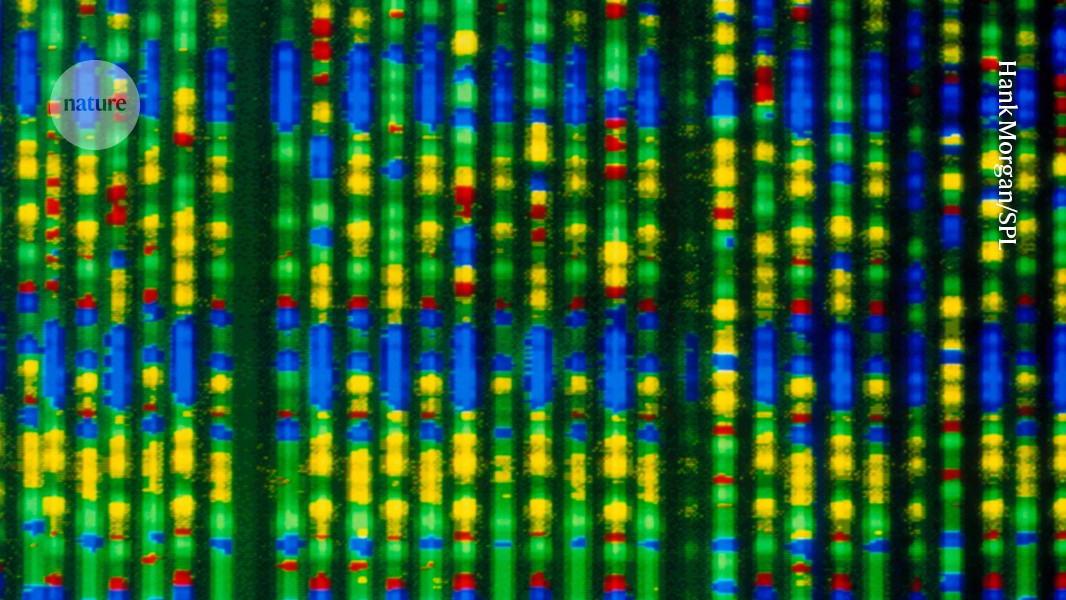
"The groundbreaking clinical trial, described on 31 October in the American Journal of Human Genetics, will deploy an offshoot of the CRISPR-Cas9 gene-editing technique called base editing, which allows scientists to make precise, single-letter changes to DNA sequences. The study is expected to begin next year, after its organizers spent months negotiating with US regulators over ways to simplify the convoluted path a gene-editing therapy normally has to take before it can enter trials."
"The trial is also the next step towards answering a question that has hung over many families of children with rare diseases since the news broke of KJ's successful treatment: when will it be our turn? "There is no 'one size fits all' in this space," says Ryan Maple, executive director of the Global Foundation for Peroxisomal Disorders in Tulsa, Oklahoma."
Dozens of researchers collaborated across thousands of miles to create a bespoke gene-editing therapy for one baby, producing it in six months. Doctors plan to repeat and accelerate this process for at least five more patients. The upcoming clinical trial will use base editing, a CRISPR-Cas9 offshoot that changes single DNA letters, and is expected to start next year after regulatory negotiations to simplify the trial pathway. Developers believe development time can be shortened further. Momentum is growing through academic centers and US funding programmes aimed at precision genetic therapy development and manufacturing. Personalized approaches remain necessary for diverse rare diseases.
Read at Nature
Unable to calculate read time
Collection
[
|
...
]